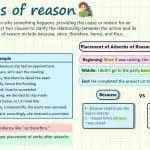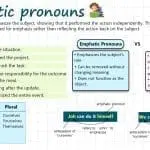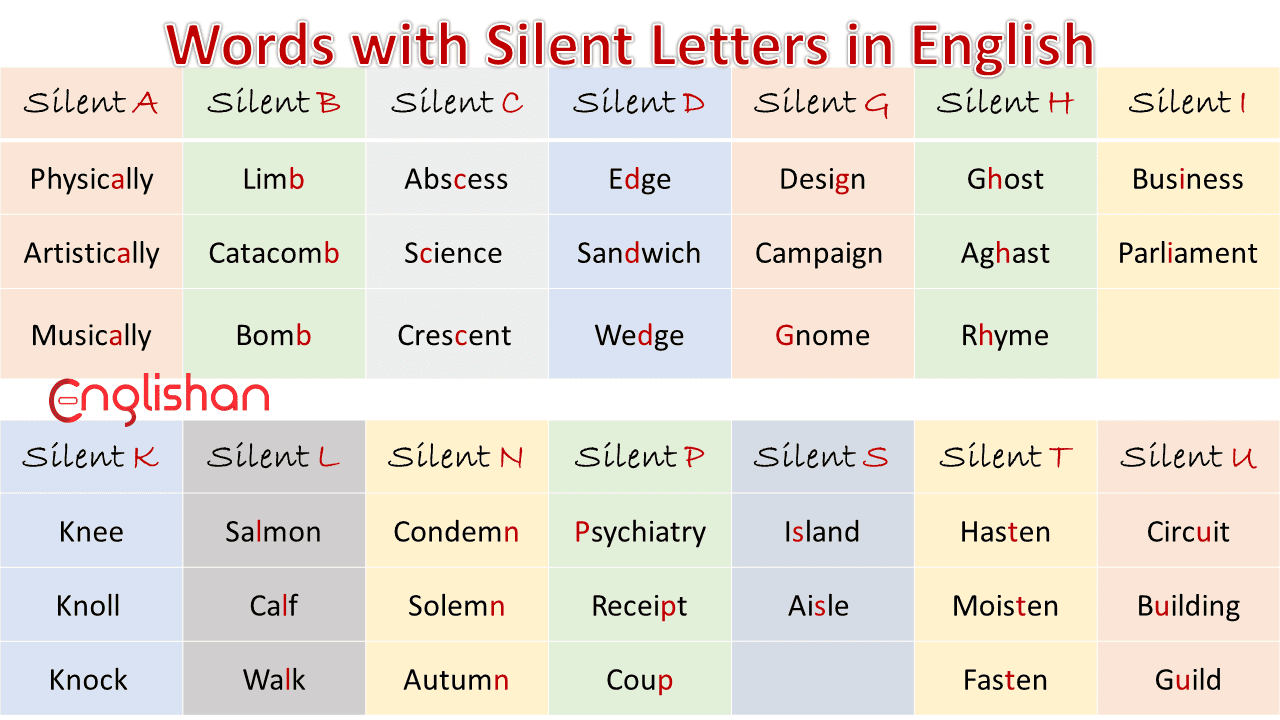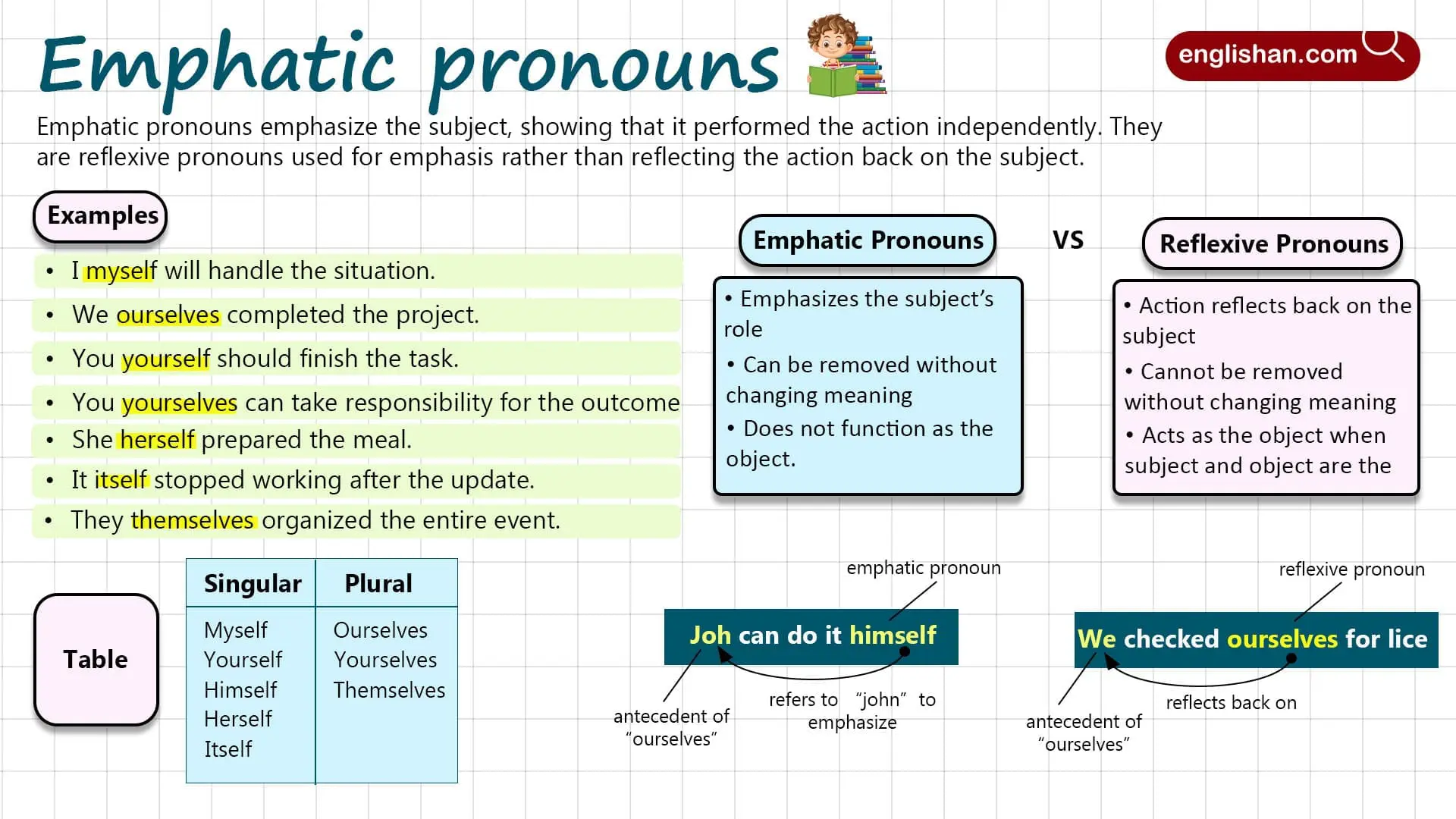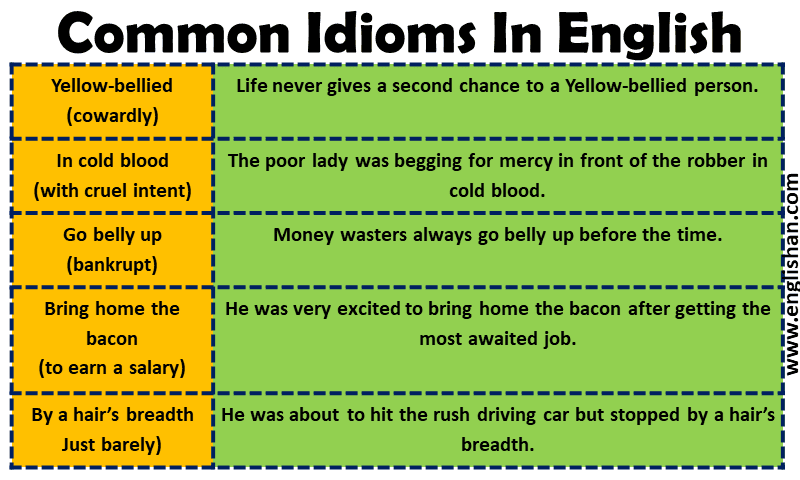A participial phrase is a group of words that begins with a participle (a verb form) and functions as an adjective in a sentence. It provides additional detail about a noun or pronoun by describing the action or state related to it. Participial phrases can contain a present participle (ending in -ing) or a past participle (usually ending in -ed, or other forms for irregular verbs).
For example:
Running late, she hurried to the meeting.
Here, “Running late” is a participial phrase modifying “she.”
Types of Participial Phrases
There are three main types of participial phrases: present, past , and perfect. Each adds different nuances to the sentence.
1. Present Participle Phrase
This phrase uses the -ing form of a verb to describe an ongoing action. It tells us what the noun is currently doing or what action is happening at the same time as the main action.
Walking through the park, Sarah enjoyed the fresh air.
The phrase “Walking through the park” describes what Sarah is doing while enjoying the air.
2. Past Participle Phrase
This phrase uses the past participle of a verb (usually ending in -ed for regular verbs) to describe a completed action. The noun receives the action rather than performing it.
Tired from the hike, they sat down to rest.
Here, “Tired from the hike” describes how “they” are feeling after completing the hike.
3. Perfect Participle Phrase
A perfect participle phrase is used to describe an action completed before the main action of the sentence. It’s formed using “having” + past participle.
Having finished her homework, Jane went out to play.
This shows that Jane completed her homework before going out.
Structures
| Structure | Explanation | Example |
|---|---|---|
| Present participle + object | Present participle describes action performed on an object. | She noticed the dancing couple. |
| Present participle + prepositional phrase | Describes action connected to a location or condition. | He stood near the barking dog. |
| Present participle + subject | The phrase describes an action of the subject. | Running late, she hurried to work. |
| Past participle + object | The noun receives the action. | They found the broken window. |
| Past participle + prepositional phrase | Describes a condition or location after action. | His clothes were covered in mud. |
| Past participle + subject | Provides extra details about the subject. | Written by an expert, the article was insightful. |
Rules for Using Participial Phrases
To use participial phrases correctly, you must follow a few essential rules:
1. Place the Phrase Next to the Noun It Modifies
The participial phrase should be placed as close as possible to the noun it describes to avoid confusion. If misplaced, it can cause unintended meanings, a mistake known as a dangling modifier.
Correct: Excited about the trip, John packed his bags.
Incorrect: John packed his bags excited about the trip.
Here, it seems like the bags are excited, not John.
2. Use Commas with Nonrestrictive Participial Phrases
If the participial phrase is nonrestrictive (not essential to the meaning of the sentence), it should be set off by commas.
Hoping for good weather, we planned a picnic.
If the participial phrase is restrictive (necessary to clarify the noun), no commas are needed.
The man wearing the red hat is my uncle.
3. Avoid Dangling Participles
A dangling participle occurs when the participial phrase is not logically connected to the noun it is meant to modify.
Incorrect: Driving through the city, the buildings were beautiful.
Correct: Driving through the city, we saw the beautiful buildings.
In the incorrect example, it sounds like the buildings were driving.
Participial Phrases vs. Gerund Phrases
Participial phrases can be confused with gerund phrases because both use verbs in the -ing form.
The main difference between them is their function. Participial phrases act like adjectives and give more information about nouns (they describe something), while gerund phrases work as nouns themselves (they act as subjects, objects, or complements in a sentence).
Participial Phrase: Swimming in the lake, the children enjoyed their day.
The phrase describes what the children are doing.
Gerund Phrase: Swimming in the lake is fun.
Here, “Swimming in the lake” acts as a noun (the subject of the sentence).
Examples of Participial Phrases in Sentences
- Covered in mud, the dog needed a bath.
- Having lost his keys, Tom was locked out.
- Running across the street, the child caught up to her friends.
Each participial phrase adds detail to the noun it modifies, enriching the sentence with additional information about the action.
FAQs
A participle phrase is a group of words that starts with a participle (a word ending in -ing or -ed) and describes a noun in the sentence.
Simple Example:
Jumping over the puddle, the dog ran quickly.
Jumping over the puddle is the participle phrase.
It describes the dog and tells us what the dog was doing.
Another Example:
Tired from the long walk, Emma sat down to rest.
Tired from the long walk is the participle phrase.
It describes Emma and explains how she felt.
A participle is a word from a verb that acts like an adjective.
Examples:
1. Present participle: The crying baby needs attention.
2. Past participle: The washed car looks shiny.
To find a participial phrase:
1. Look for a word ending in -ing or -ed/-en.
2. Check if it describes a noun with extra details.
Example:
Covered in snow, the car looked beautiful.
Covered in snow is the participial phrase.
A sentence with a participial phrase is:
“Laughing loudly, Jake told a funny story.”
Laughing loudly is the participial phrase.
It describes Jake.
A participial clause is a group of words with a participle that gives extra information.
Example:
“Shocked by the news, he stayed quiet.”
Shocked by the news is the participial clause.
It explains why he stayed quiet.
Read More


